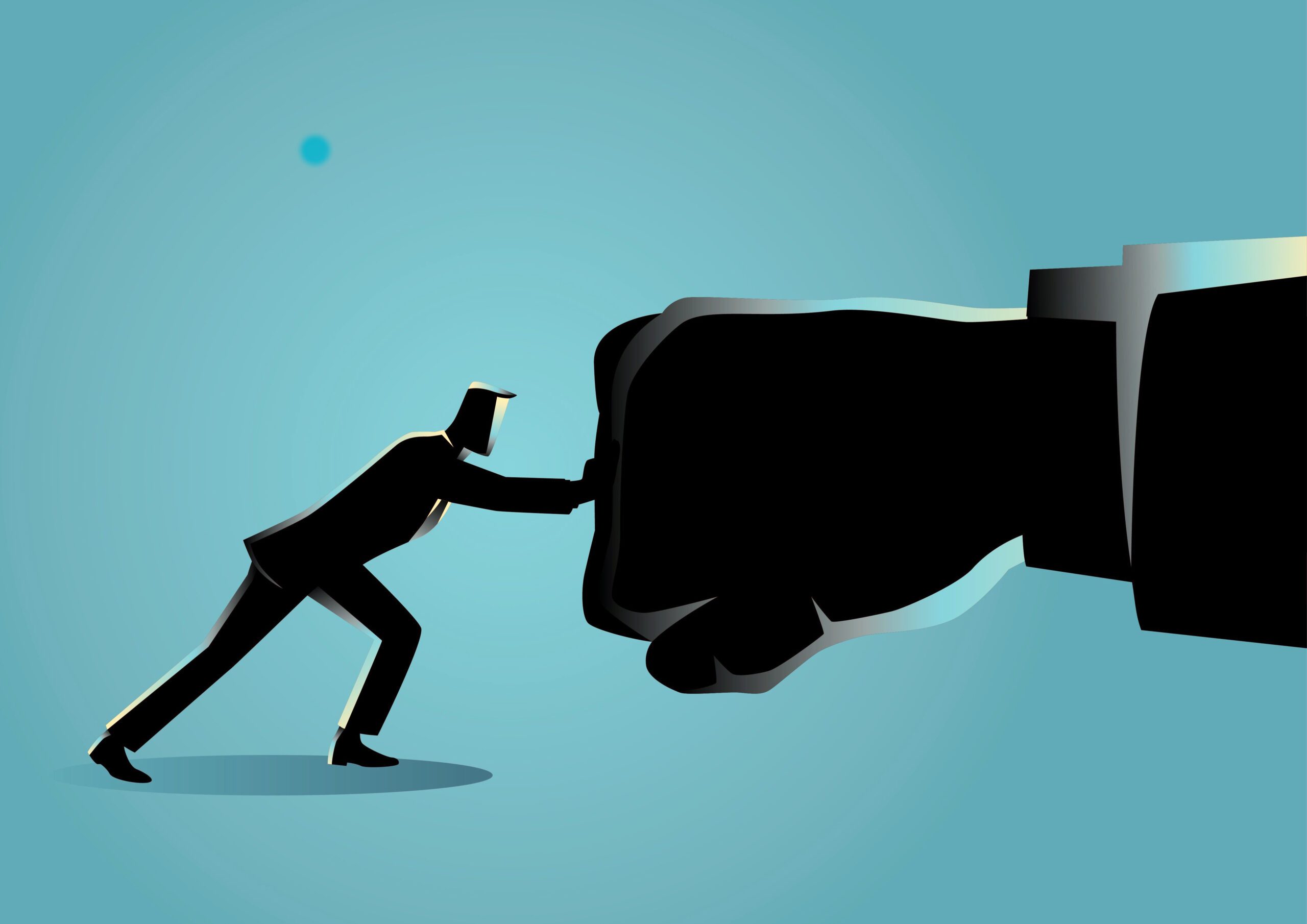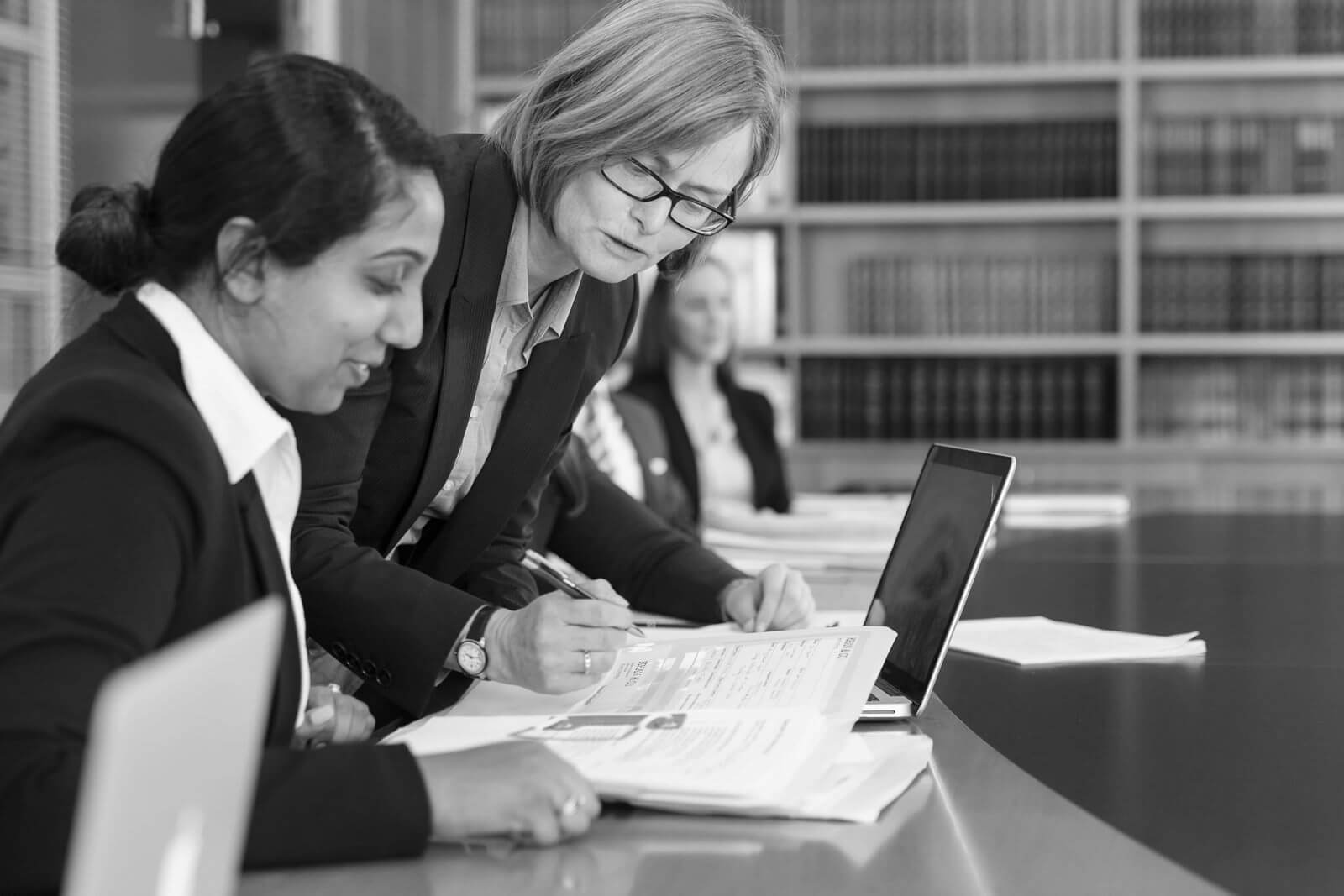Courage. This is not a word immediately associated with the word ‘lawyer’ – a space crowded with lawyer jokes and negative stereotypes of grasping and greed. But for many practising lawyers, courage is what it is all about.
In 1608, King James I famously screamed ‘treason’ before launching a right hook at the head of his chief justice, Sir Edward Coke, who managed a timely dodge. Moments before, Coke had dared to suggest that even the king was bound by the common law.
In The Tyrannicide Brief, Geoffrey Robertson tells the story of John Cooke, the barrister who accepted the brief to prosecute King Charles I for tyranny in 1649. In doing so, he knew the personal cost if the monarchy should be restored during his lifetime. It was. And Cooke was hung, drawn and quartered, with his head impaled on top of Westminster Hall.
When tried for his part in the death of Charles, Cooke argued that he was merely performing his role as counsel to the best of his ability, and was: acting on instructions for a fee, and that the decision of guilt or innocence was a matter for the court, not him.
These sentiments now form part of the DNA of modern lawyers.
Every day, large acts of lawyerly courage remain obscured from public view. Think of the lawyers, prosecuting corrupt police or powerful crime syndicates, who live with their families at home behind quietly erected fortifications. And of the lawyers prepared to say to the rich and powerful, when it needs to be said, that ‘you have no case’.

In an age where trial by media is not uncommon, we should admire the courage of lawyers making an impersonal stand for maligned clients and unpopular causes. As so often in the past, the only thing standing between a lynch-mob and a tree is a lawyer.
The courage of lawyers is further inspired at the sight of a humble witness daring to speak the truth inside a courtroom packed to the rafters with silent stares of intimidation.
The courtroom is a container for some of the seething conflict which prevails outside. The issues are framed by procedural rules and disagreement is ventilated by counsel with fairness, respect and courtesy. Through trial and error and with long experience, lawyers are well trained for accepting the judge’s decision, for knowing that as often as not the other side prevails, and for losing gracefully. This, too, takes restraint and perspective – and the courage to front up again the next day.
When society becomes strongly polarized, as has happened before, lawyerly courage sets the standard. It also offers a reminder and an example to others as to how our society, at its best, copes with disagreement and discord. Individuals in the profession should know the value of personal courage.
The rule of law depends upon it.
Craig Collins, Deputy Director Education Delivery, Leo Cussen Centre for Law
